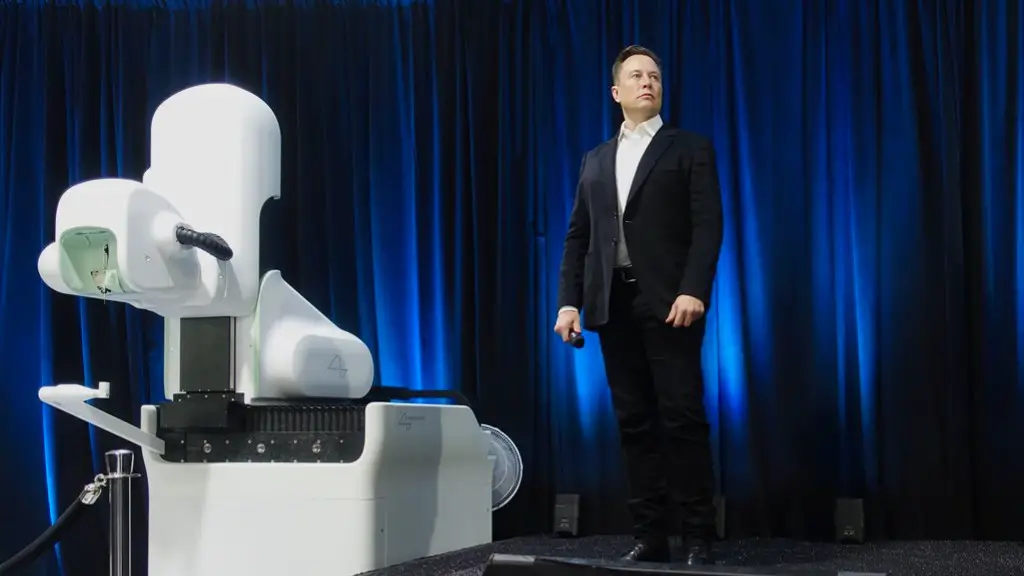Background Information
Mark Zuckerberg and Eduardo Saverin co-founded Facebook in their Harvard dorm room in 2004. Mark was the CEO and creator of the social network, and Eduardo was the CFO. Initially, the two men had different visions for the company and decided to split the ownership and tasks among them, with Zuckerberg owning a 51% stake.
In November of 2004, Zuckerberg reportedly had a significant falling out with Saverin and cut him out of the company. Saverin alleges Zuckerberg diluted Saverin’s 33% stake until it was worth roughly one-tenth of what it originally was. Although Zuckerberg never publicly confirmed the decision, news of his ousting of Saverin had spread all over the internet and made national headlines, pitting him and the business against Saverin, who eventually sued in 2008.
Facebook’s meteoric Rise
At the time of the disagreement with Saverin, Facebook was already experiencing significant success and usage. The site had grown from just having a few thousand users in 2004 to over 1 million users in 2005. This growth continued to soar until it began to seem unstoppable. Companies and advertisers took notice to what was soon dubbed the fastest growing website of all time and eager to get in on the action.
The pressure to make something out of the website eventually became too much for Zuckerberg and Saverin to handle without the help of professional investors. In June of 2004, they turned to Accel Partners and obtained a $13 million investment. After this pivotal moment, a legal dispute arose between Saverin and Zuckerberg regarding the company’s finances, leaving a sour taste in Saverin’s mouth.
A Questionable Business Move?
To say that Zuckerberg ‘screwed’ Saverin is a strong statement to make, especially since there have been allegations of Zuckerberg’s involvement in several legal and financial maneuvers. After Saverin had been pushed out of the company, Zuckerberg allegedly changed the terms of the stock options, resulting in Saverin’s stake being significantly diminished from 33% to just 0.03%. Zuckerberg also owned the majority of Facebook’s voting rights, making the situation for Saverin even worse.
In May of 2011, Saverin and Facebook decided to settle the dispute over his departure from the company. Although the terms of the settlement were not disclosed, it is believed that Zuckerberg did not have to pay Saverin any money in the agreement. Making matters even more curious was the fact that shortly after the settlement, Saverin renounced his US citizenship in 2012 and publicly sold off a large percentage of his remaining Facebook shares.
The Aftermath
In hindsight, it is difficult to determine who was actually in the wrong in regards to the whole situation between Saverin and Zuckerberg. Despite his questionable actions, Zuckerberg’s actions appear to be justified. After all, the company was his brainchild and he had the majority stake in it at the time that Saverin departed. In the end, Saverin walked away with a fraction of the company that he had initially owned, but he did have the satisfaction of knowing that he was an early investor in one of the most successful companies of all time.
Legal action against Zuckerberg
In 2006, Saverin’s grievances about the dilution of his shares mounted and he filed a lawsuit against Zuckerberg. The legal action was eventually settled out of court, though the terms of the settlement remain undisclosed. The case was significant in demonstrating the importance of upholding investor rights and helped catalyze an understanding of the high stakes involved when it comes to high-growth businesses.
Since then, the issue of unfair treatment of entrepreneurs and investors has become an increasingly important topic in the business world. The case of Saverin and Zuckerberg has become an example of what can happen if investor rights are not respected. Furthermore, the story of the dispute serves as an important lesson for investors and entrepreneurs alike: it is essential to ensure that both parties are in agreement and that the terms of the deal are clearly laid out in writing before any business begins.
Pressure to Achieve
It is important to remember that, in 2004, social media was still a nascent idea and the concept of making billions from a website was considered outlandish to most. As the pressure to succeed ramped up, so too did the tensions between Zuckerberg and Saverin. It was evident that the two men weren’t on the same page when it came to the company’s future, which eventually led to the deterioration of their relationship and Saverin’s removal from Facebook’s operations.
The disagreement between Zuckerberg and Saverin has since come to signify what happens when the pressure to succeed compels entrepreneurs and investors to make decisions that are not always in their best interests. The story of their acrimonious split serves as a cautionary tale of the risks that can arise when founders’ and investors’ interests are not properly aligned.
Expert Perspectives
Legal experts agree that, while Zuckerberg’s actions may have been questionable, they were within his rights as CEO and majority shareholder of the company. Columbia Business School professor Eric Krieger noted that, “given the facts of the case and Zuckerberg’s strong position in the company, it is unlikely he committed any legal wrongs.”
As for the financial implications of Zuckerberg’s alleged betrayal of Saverin, experts disagree as to whether or not these were reasonable or even necessary. According to David Ratner, a lawyer who specializes in venture capital, “it’s not uncommon in early-stage companies for new funding to dilute existing shareholders’ holdings.”
Social Acceptance & Consequences
The story of Zuckerberg and Saverin has become a deeply embedded part of Silicon Valley culture, and the tale has taken on a life of its own. In 2014, a movie about the founding of Facebook, The Social Network, was released and it helped solidify the public’s perception of the dispute. The film portrays Zuckerberg as a conniving villain who wronged Saverin, and it has perpetuated a narrative in which Zuckerberg commits unethical acts in pursuit of success.
Though it may not be completely fair to Zuckerberg, the film has had real consequences for his reputation in the business world. In the wake of the movie’s release, many investors, entrepreneurs and executives have become wary of working with him. As a result, Zuckerberg has become more careful with his reputation and is known to be a very ‘low risk’ CEO.
Legal Precedent & Reform
The case between Saverin and Zuckerberg may be remembered most for its contribution to the legal system. The controversy over the ousting of Saverin set an example for future legal disputes between co-founders and/or investors and was used as an example in numerous other cases. The implications of the case have also had repercussions on venture capital law, helping to codify guidelines that allow for the protection of the interests of founders, investors and the company itself.
Famed investor and entrepreneur Mark Cuban addressed the fallout from the controversy in a blog post in which he noted, “The battle between [Zuckerberg] and Saverin ended up being a cautionary tale for all involved in startups and venture capital.” He stressed the importance of having a clear agreement in place between founders and investors before launching or investing in any venture.
Making of a Multibillionaire
Despite the controversy, Zuckerberg’s drive, ambition and unwavering confidence in his vision have propelled him to great success. In 2004, Facebook was an idea with a few thousand users. By 2012, it was the undisputed king of the social media world and it has since continued to dominate the industry. Zuckerberg’s role in creating the platform that helped to shape our current digital landscape is undeniable. He has been credited with pioneering the use of algorithms to make decisions, which has helped revolutionize the way that the internet is used.
The journey has not been easy but Zuckerberg is a prime example of how ambition, skill and a bit of luck can be a recipe for success. He utilized a unique combination of technical and business savvy to create one of the most valuable companies in history. He has also made notable philanthropic contributions, including the pledging of $100 million dollars to help improve the education system in Newark, New Jersey.
Conclusion
The controversy between Zuckerberg and Saverin has become a part of the Silicon Valley mythology and has energized entrepreneurs, investors and the public alike. To this day, the case is an interesting and educational reminder about the importance of properly managing high-stakes investments and partnerships. Regardless of what happened between them, both Zuckerberg and Saverin were innovative risk-takers and their partnership gave rise to the largest social media platform in history.

